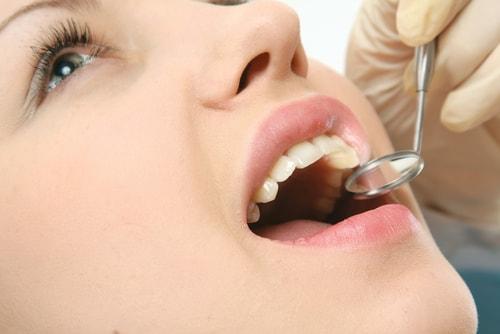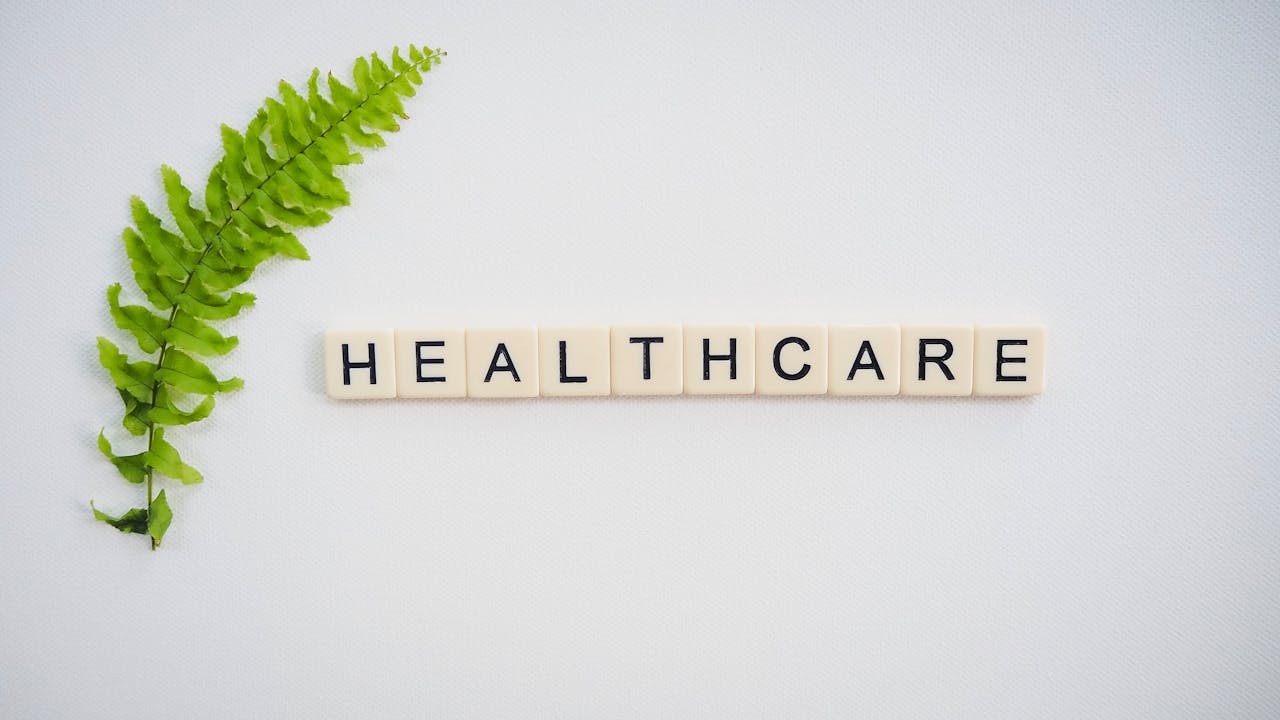You finally removed your third molars before they can mess up your oral health. Now, you have to focus on caring for yourself to get back on your feet in no time. You need to play it safe and follow all your dentist’s aftercare instructions properly to prevent any complications.

Importance of aftercare
After wisdom teeth extraction, patients may experience temporary bleeding, bruising, discomfort, and swelling. It can take up to two weeks for an individual to fully recover. But if you look after the extraction wound properly, you can help yourself heal as quickly as possible.
How long does it take to recover?
Recovery from wisdom tooth extraction is gradual but a person should see improvements each day. The healing process is divided into the following stages immediately after the tooth extraction:
- 24 hours: blood clots start to form
- Two to three days: swelling of the cheeks and mouth should be improving
- Seven days: the dentist may remove any remaining stitches
- Seven to 10 days: jaw stiffness or soreness goes away
- Two weeks: mild bruising on the face begins to heal
Note that the recovery time will vary for everyone. If blood clots get dislodged or the wound becomes infected, recovery may take longer than usual. How you care for yourself after the surgery makes all the difference in your recovery.
Avoid potential problems after removing your wisdom teeth by following these dos and don’ts.
Dos
1. Take it easy and rest
After the surgery, you’ll need plenty of rest so plan to keep your activities down to a minimum. You may actually need someone to take you home after the procedure. It’s also advisable that you ask a friend or relative to watch over you for the first 24 hours post-extraction.
2. Be careful when shifting from lying down to a standing position
Most patients will feel a bit dizzy following the surgery. You may also feel light-headed if you stand up abruptly. Remember, your prescribed medications can also make you feel dizzy or sleepy so before standing, sit for at least one minute then get up.
3. Apply ice pack
For at least two days, apply ice packs on the outside of your mouth alternately (20 minutes on and 20 minutes off) as this will help minimize the swelling. If your tooth got infected before removal, your dentist may ask you to use warm compresses instead of ice.
4. Eat only soft foods
For the first day after your surgical procedure, your mouth won’t be able to chew anything more than soft foods. Do away with hard foods for several days and munch on yogurt, mashed potatoes, pudding, soup, or soft noodles instead. Once the bleeding stops, drink lots of cold or lukewarm fluids to keep yourself hydrated.
5. Keep a gauze pad over the extraction area
Expect some bleeding after the surgery. In this case, you should keep a gauze pad over the extraction area for about 30 minutes after surgery. If you’re experiencing heavy bleeding, bite down on a gauze pad or place your fingers over the pad for 30 minutes before removing it.
Another good alternative for a gauze pad is a moistened tea bag. Use the tea bag for the same amount of time. The tannic acid present in tea will help contract bleeding vessels and the blood clot set.
6. Avoid sun exposure
Discoloration or some bruising is common after an extraction procedure. Due to blood spreading beneath the tissues, the development of black, blue, or yellow discoloration may occur. This is normal and may occur two to three days post-surgery.
It can take about 14 days for the bruising to resolve. Make sure to avoid sun exposure during these days as this can trigger further discoloration.
Dont’s
1. Don’t dislodge the blood clot
The blood clot is crucial for quick healing. Avoid drinking through a straw, spitting, or smoking for at least three days as this can remove the blood clot. This is critical to avoiding a painful condition called “dry socket.”
2. Don’t brush your teeth
This is the time that you can slack off on brushing your teeth. Brushing can disturb your stitches so if you must, only use mouthwash to rinse your mouth on the first day.
After 24 hours, you may go back to your daily oral care routine. Rinse your mouth with warm saltwater and brush your teeth but do avoid the stitched area for the meantime.
3. Don’t forget to take prescribed medications
As directed by your dentist, take prescribed antibiotics and pain medications for infection. Moreover, if you’re taking a strong narcotic medication for pain, you shouldn’t be driving home, operate any machinery, or drink alcoholic beverages.
4. Don’t smoke
Using tobacco products can hamper the healing process and increase the risk of complications. For the first 24 hours, avoid smoking as much as possible. Also, avoid chewing tobacco for at least a week.
5. Don’t take aspirin
Aspirin is a blood thinner which can delay clot formation and hamper the healing process. So, only take your prescribed medications.
6. Don’t poke the gap
No matter how tempting, don’t poke into the gap created by your extracted teeth. Although it feels a bit awkward to have a gap, don’t mess around that area with your tongue or any toothpick as this can delay healing. Moreover, your poking hands can also provoke bleeding and lead to a dry socket.
When to call the dentist
Your dentist may need to see you again in a few days or ask you to call if any problems turn up. Any pain and swelling you feel should be improving each day. But, do call your dentist right away if you experience any of the following:
- High fever that persists
- Swelling that continues to get worse instead of better
- Excessive bleeding that doesn’t stop even with pressure
- Three to four days of severe, throbbing pain following the surgery
Work with a reliable Dentist
Having your wisdom teeth removed is the smartest decision you can make to prevent tooth decay and achieve a healthy mouth. For a successful surgery, work with a dentist who knows how to get you through the procedure without complications.
Keep in mind that no two mouths are alike. Although recommendations from friends are well-intended, it’s best to discuss your problem with a medical expert you are comfortable with and who is knowledgeable about your dental concerns.
AUTHOR BIO
Dr. Zul Paliwalla is the General and Cosmetic British Dentist at NOA Dental Clinic, specializing in smile-related concerns. With over 33 years of experience in the UK, Dr. Zul has successfully worked on and improved many internationally recognized smiles. He is a certified Invisalign® GOLD provider as well and has brought his elite expertise to Dubai not only to enjoy the sun, sea and sand, but also to offer his brand of personalized smile makeovers.
*****
